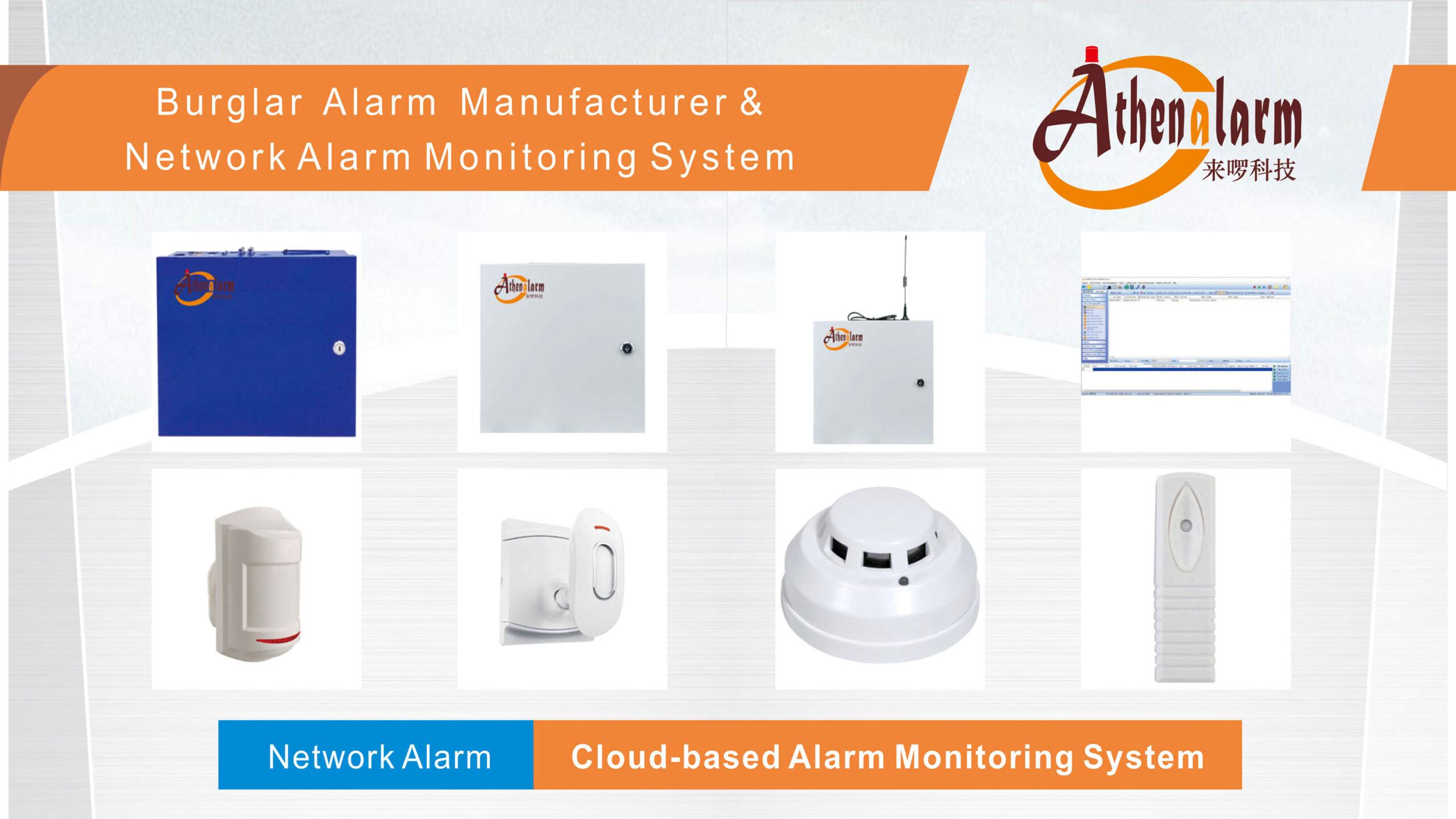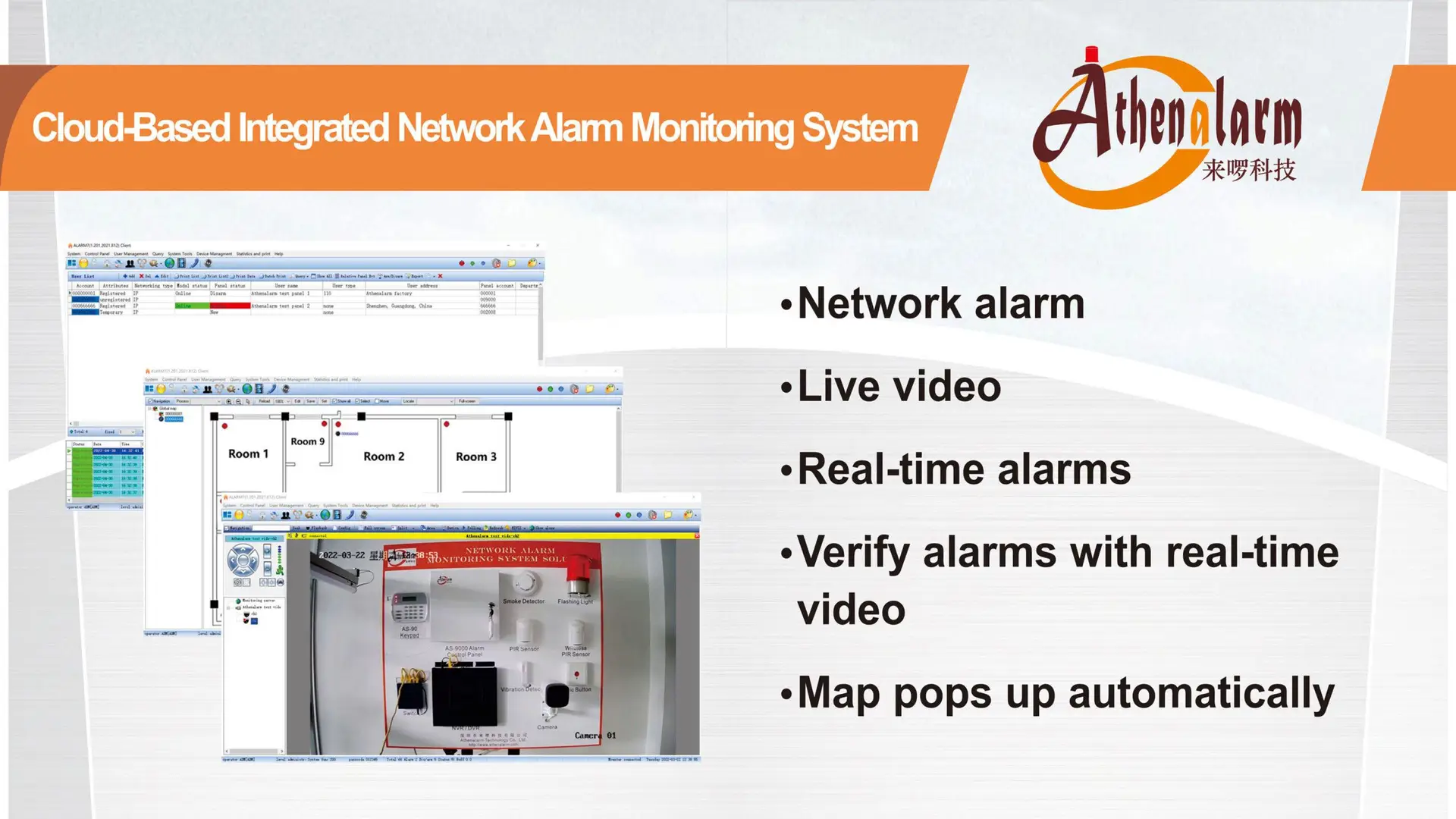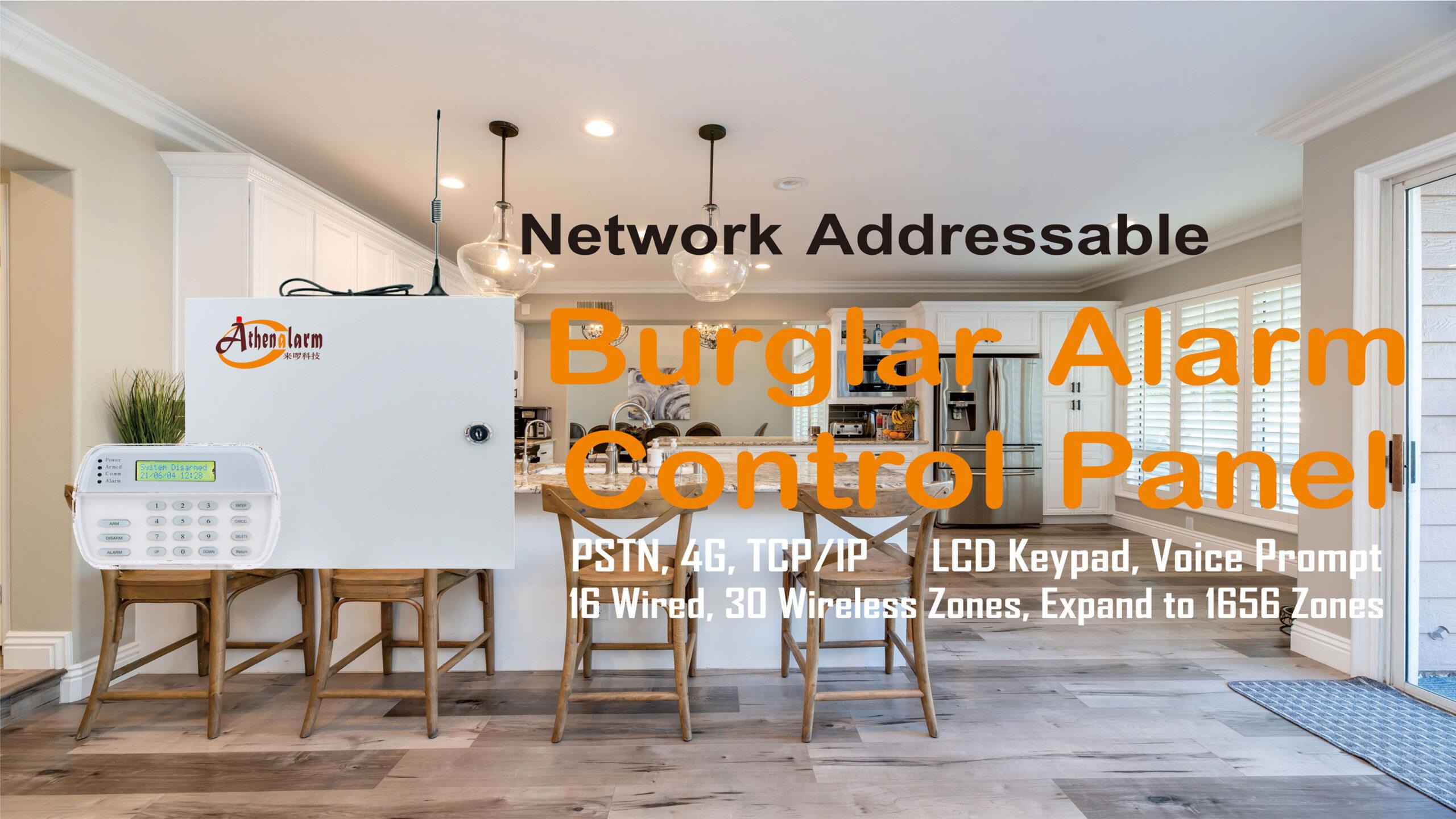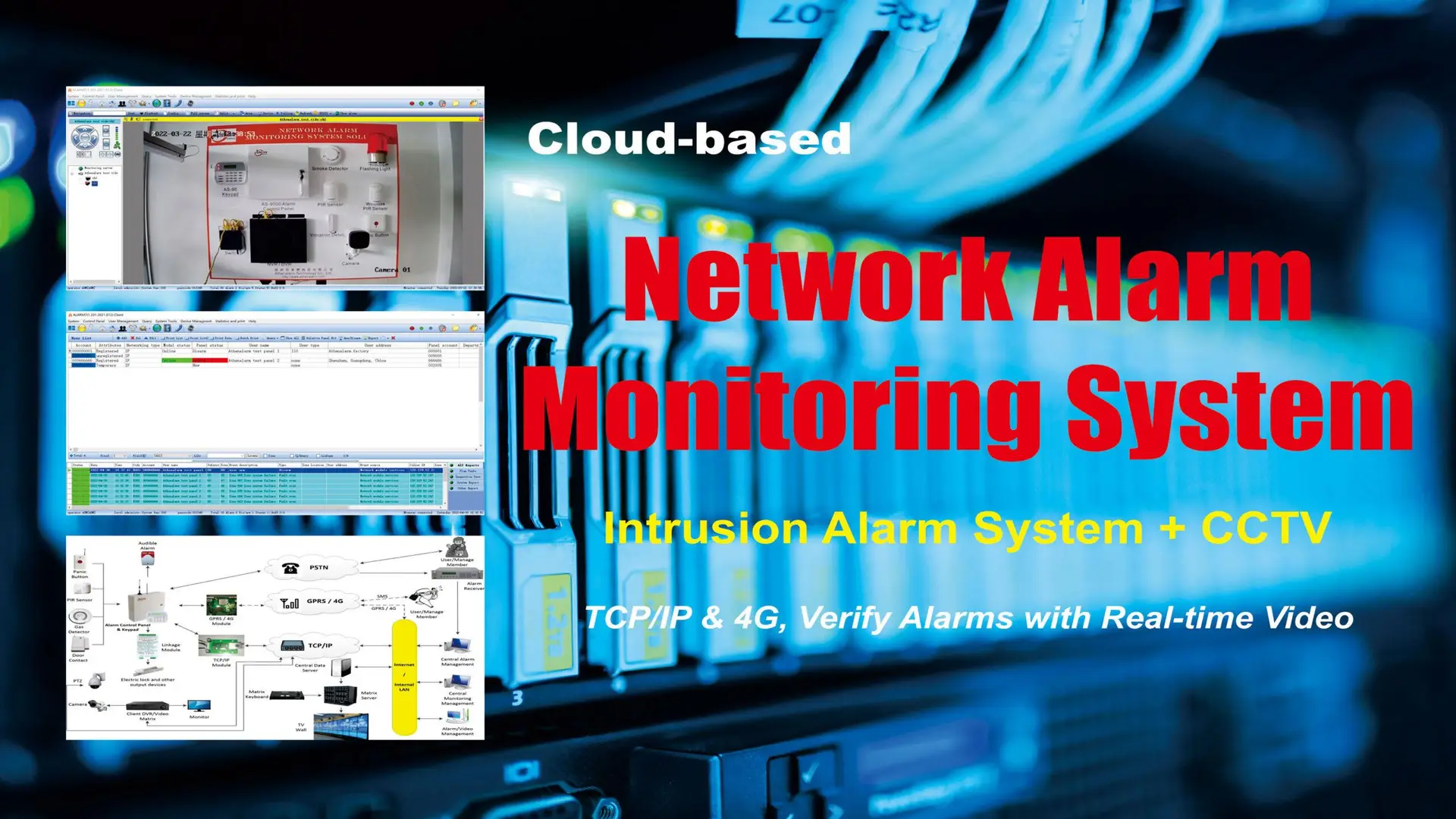



Wholesale Anti-Theft Alarm Systems for Retail Stores: Enhance Security & Profits
1. Introduction
In today’s competitive retail environment, security threats such as shoplifting, employee theft, and organized retail crime (ORC) present significant risks to businesses. For retail store owners, safeguarding their assets and maintaining profitability is a priority, making loss prevention systems indispensable.
Wholesale anti-theft alarm systems offer cost-effective, scalable solutions tailored to the specific needs of retail businesses. For security distributors, providing these advanced alarm systems at wholesale prices presents a profitable opportunity to meet the growing demand for reliable loss prevention solutions.
This article delves into the significance of wholesale anti-theft alarm systems, highlighting key features, supplier selection criteria, pricing strategies, and marketing approaches to help B2B security businesses succeed.
2. Why Retail Stores Need Advanced Anti-Theft Alarm Systems
Retail shrinkage, driven by theft, fraud, and operational errors, costs businesses billions of dollars annually. Implementing an effective security system can significantly reduce these losses by providing real-time alerts, deterring criminals, and complementing other loss prevention measures.
Key Benefits of Implementing Anti-Theft Alarm Systems:
- Prevention of Theft & Fraud: Deters opportunistic shoplifters and organized retail crime groups.
- Real-Time Monitoring & Response: Instantly alerts security teams when suspicious activities are detected.
- Integration with Smart Retail Systems: Links with POS systems, surveillance cameras, and access controls for enhanced security.
- Insurance Compliance: Many insurers offer lower premiums for stores equipped with certified security systems.
- Reduction in Operational Losses: Minimizes shrinkage caused by internal fraud and employee theft.
3. Key Components of a Wholesale Anti-Theft Alarm System
An effective anti-theft alarm system integrates multiple layers of security. Below are essential components that every retail security system should include:
A. Smart Alarm Control Panels
- Standalone vs. Integrated Systems: Retailers can opt for basic standalone alarm panels or fully integrated smart systems that connect with surveillance and access control.
- Wireless vs. Wired Solutions: Wireless options offer easy installation and scalability, while wired solutions provide greater reliability and stability.
- Cloud-Based Management: Enables remote monitoring via mobile apps with real-time notifications and AI-driven analytics.
B. Intrusion Detection Sensors
- PIR Motion Sensors: Detect movement within the store to prevent after-hours break-ins.
- Door & Window Contact Sensors: Trigger alarms when doors or windows are forcibly opened.
- Glass Break Sensors: Detect glass-breaking frequencies to identify forced entry attempts.
C. Electronic Article Surveillance (EAS) Systems
- RFID & AM Tags: Attached to merchandise, triggering alarms at exit points when unpaid items are removed.
- Deactivators & Detachers: Allow legitimate purchases to be processed without triggering alarms.
- AI-Based Tag Detection: Smart tags equipped with deep learning algorithms to differentiate between theft and legitimate sales.
D. AI-Powered Surveillance & Video Verification
- Facial Recognition Cameras: Identify known offenders and track suspicious behavior.
- Integration with Alarm Panels: Triggers alarms when abnormal behavior is detected, enabling rapid security response.
- Heat Mapping & Foot Traffic Analytics: Helps optimize store layouts and security placements by analyzing customer movement patterns.
E. Communication Modules for Real-Time Alerts
- 4G/5G Backup Communication: Ensures alarm functionality even if primary internet connectivity fails.
- Encrypted Signal Transmission: Enhances cybersecurity by preventing hacking attempts on wireless security systems.
F. Audible & Visual Alarm Devices
- High-Decibel Sirens: Deter criminals and alert in-store personnel.
- Strobe Lights: Improve visibility of security events, particularly in large retail spaces.
4. How to Choose the Right Wholesale Supplier for Retail Alarm Systems
Selecting a reliable wholesale supplier is critical for ensuring product quality, competitive pricing, and long-term business success.
A. Product Quality & Compliance
- Certified Standards: Ensure the supplier’s products comply with UL, CE, FCC, or EN 50131 certifications.
- False Alarm Prevention: Advanced AI filtering reduces false alarms caused by environmental factors.
- Robust Design: Durable components withstand high-traffic retail environments.
B. Competitive Wholesale Pricing & Flexible MOQs
- Bulk Order Discounts: Encourage higher order volumes by offering tiered pricing.
- Low Minimum Order Quantities (MOQs): Cater to small and mid-sized retailers.
- Transparent Pricing: Avoid hidden costs that can impact profitability.
C. Customization & OEM/ODM Services
- Private Labeling: Branding options for distributors and retail chains.
- Software Integration: Custom mobile apps and cloud-based monitoring solutions.
- Custom Configurations: Ability to choose sensor types, connectivity options, and alert mechanisms.
D. Logistics & After-Sales Support
- Fast Global Shipping: Ensure timely delivery with real-time tracking.
- Extended Warranties: Longer protection periods for added customer confidence.
- 24/7 Technical Support: Dedicated support channels for wholesale clients.
5. Pricing Strategies & Profit Margins for B2B Distributors
Pricing strategies should balance profitability and market competitiveness to attract long-term retail clients.
A. Tiered Pricing Models
- Bulk Purchase Incentives: Offer better pricing for higher order quantities.
- Loyalty Rewards: Discounts and exclusive deals for repeat customers.
- Regional Price Adjustments: Adapt pricing based on local market demand.
B. Value-Added Services
- Extended Warranties & Support Plans: Generate recurring revenue.
- Alarm Monitoring Subscriptions: Provide retail clients with ongoing monitoring services.
- Installation & Training Services: Improve customer retention and satisfaction.
6. Marketing & Sales Strategies for Wholesale Anti-Theft Alarm Systems
A robust marketing strategy helps wholesalers reach the right audience and maximize conversions.
A. SEO & Digital Marketing
- Google EEAT Optimization: Build credibility through expert-driven content.
- B2B PPC Advertising: Run targeted ads on search engines for wholesale security products.
- Customer Success Stories: Publish case studies showcasing real-world security improvements.
B. Trade Shows & Networking
- Security Industry Events: Participate in global security expos to showcase wholesale products.
- Retail Loss Prevention Partnerships: Collaborate with retail security professionals for expanded market reach.
- Reseller Programs: Offer exclusive benefits for distributors and security integrators.
C. AI-Driven Lead Generation & CRM Tools
- Predictive Analytics: Use AI to analyze market trends and retailer demands.
- CRM Automation: Streamline customer management and follow-ups.
7. Conclusion
Wholesale anti-theft alarm systems provide a crucial solution for retail businesses aiming to prevent theft and protect profits. Security distributors can gain a competitive edge by offering high-quality, customizable alarm systems, leveraging effective pricing strategies, and employing digital marketing to attract B2B clients.
By staying ahead of emerging security trends, such as AI-driven analytics, cloud-based management, and smart integrations, wholesalers can position themselves as industry leaders in the ever-growing retail security sector.
